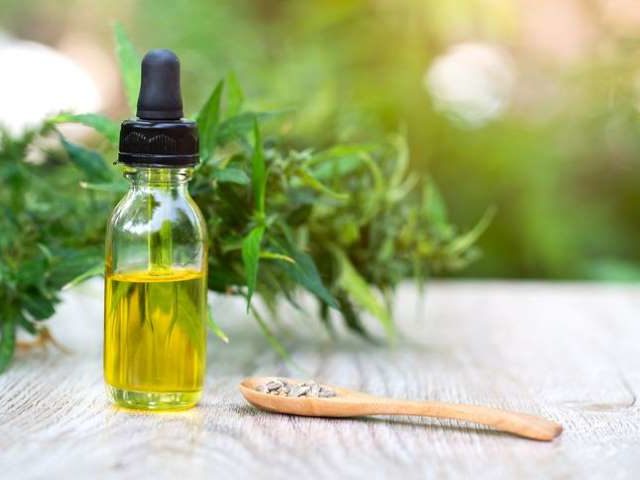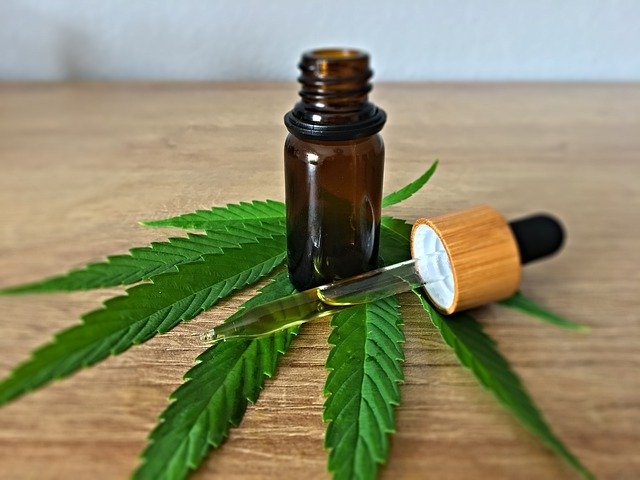Properties of Hemp Oil

The benefits and properties of hemp oil are becoming more and more well-known in society due to the great number of properties it contains and the good that its daily consumption does as part of a healthy diet.
Some people are still suspicious of hemp oil because of the plant from which it is extracted, or rather, the plant that produces the seeds from which the oil is extracted. But, as we have already explained in another post.
This fact makes people think that its consumption will produce some kind of hallucinogenic effect. That is why they do not consider its consumption. But what if I tell you that hemp seed oil is the best oil that exists in the world, leaving behind the extra virgin olive oil and of course the sunflower oil? For this reason, and to make it clearer, we are going to show you the properties and benefits of hemp seed oil.
Where is hemp oil extracted from?
Obviously, as the name suggests, it is extracted from seeds from industrial hemp cultivation. It is extracted from industrial hemp plants that are completely legal and suitable for cultivation.
This type of exploitation is possible thanks to the control of THC levels produced by hemp plants, which cannot exceed 0.2%. In addition, there are only a few varieties accepted for cultivation and subsequent marketing of the products made from them.
We are going to name a few varieties of industrial hemp suitable for cultivation in the European Union:
- Santha 70: ideal for the extraction of hemp oil.
- Felina 32: perfect for obtaining CBD flowers.
- Zenit: ideal for hemp oil extraction
- Monica: complete and ideal for oil, seed, and fiber extraction
- Kompolti: suitable for flower and oil production
- Futura 75: great producer of fiber and flowers with CBD
How do you get hemp oil?
To obtain this fantastic and healthy oil we simply use its seeds, although as you have been able to verify, all the varieties of industrial hemp are not useful to elaborate oil.
An ideal variety for the production of oil must be a great producer of seeds and these seeds must be of great size, since it allows them to be able to produce and contain more quantity of oil, compared with smaller seed-producing plants.
In order to extract the oil, a technique called cold pressing is used, which helps to keep all the properties intact and to take advantage of all the oil that a seed may contain. This type of extraction technique by pressing at low temperatures is used quite frequently in the food industry.

Nutritional information of hemp oil
Nutritional information of hemp seed oil per 100 g, which contains up to 80% fatty acids.
Saturated fats:
- Palmitic acid 3%.
- Stearic acid 2%.
- Arachidic acid 0.5%.
Polyunsaturated fats:
- Linoleic acid 55%.
- Alpha linoleic acid 20%.
- Arachidonic acid 1%.
- Gamma linoleic acid 4%
- Stearidonic Acid 2% Stearidonic Acid 2% Stearidonic Acid 2% Stearidonic Acid
The percentages indicated are the maximum percentages that hemp oil can contain. They may vary depending on the variety, type of extraction, and cultivation.
If we compare the percentages of omega 3 and omega 6 that hemp oil can contain with other types of oils, there is none with its perfect percentage in omegas, which makes it the most suitable and healthy oil for human consumption.
On the other hand, thanks to the large number of proteins and amino acids it contains, it is an ideal product for people who exercise daily and want to increase their muscle mass in a natural, healthy, and above all effective way. Looking for cbg seeds for sale? Check out their page for more info.

